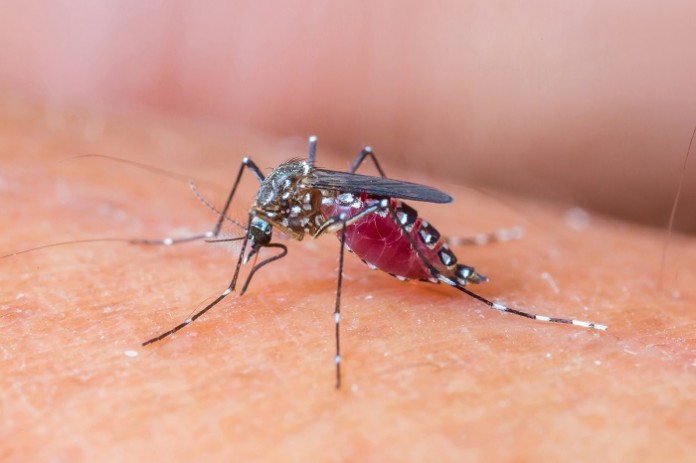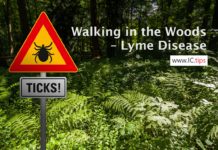Like many tropical countries, India witnesses a cyclical spike in the number of Dengue cases every 4-5 years1. The current year has been one of the worst. More than 14,000 people have suffered from Dengue fever in the capital city of New Delhi and 30 of them have succumbed to it2. It has caused widespread panic and heavy financial burden for many families.
Here we provide tips on how to protect yourself and your families and the spread of Dengue in your community.
It is important not just to empty water in all containers but to also scrub the floor and walls of containers to dislodge any Aedes eggs which might be sticking on them. 3
Aedes mosquitoes which cause Dengue lay eggs on walls and floors of wet containers which stick there even after the water is emptied from container. Aedes eggs can survive in dryness for several years and when the container get refilled with water, eggs will hatch and grow into adult mosquitoes.
Using mosquito repellants in your bathroom also can help you protect yourself from Dengue.
Most people use mosquito repellants in their bed/living rooms and not bathrooms. The risk of an Aedes mosquito bite is high during day and especially inside a bathroom where it finds a cool environment to stay along with opportunity to bite on a more exposed human skin surface area3.
A Dengue patient must be carefully observed for warning signs especially after the fever subsides.
Unlike most infections, decline in fever does not mean that the disease is cured. Rather most of the serious complications develop 1-2 days after fever subsides. It is important to watch for any skin hemorrhage, bleeding from nose or gums, abdominal distension and difficulty breathing4,5.
If your neighbours cooperate, you can feel safe.
Adult Aedes mosquitoes can fly only upto 200 to 400 metres. Therefore, if all your neighbours cooperate and eliminate all possible breeding site for Aedes mosquito, risk of an Aedes mosquito bite can be minimized. So, spread this information to all your neighbours.
Information is our main weapon against Dengue, and the prevention of outbreaks is tantamount to all other approaches at treating this disease. The outbreaks in India have provided the world with a wealth of information to fight back, but it is up to individuals to put these suggestions into practice. Dengue fever is endemic to tropical regions, and the lessons learned by India should be taught worldwide.
References:
- Rahuman, A. A., Gopalakrishnan, G., Venkatesan, P., & Geetha, K. (2008). Larvicidal activity of some Euphorbiaceae plant extracts against Aedesaegypti and Culexquinquefasciatus (Diptera: Culicidae). Parasitology research, 102(5), 867-873.
- Joshi, V., Mourya, D. T., & Sharma, R. C. (2002). Persistence of dengue-3 virus through transovarial transmission passage in successive generations of Aedesaegypti mosquitoes. The American journal of tropical medicine and hygiene,67(2), 158-161.
- CDC, Dengue and the Aedesaegypti mosquito, http://www.cdc.gov/dengue/resources/30Jan2012/aegyptifactsheet.pdf
- McMeniman, C. J., Lane, R. V., Cass, B. N., Fong, A. W., Sidhu, M., Wang, Y. F., & O’Neill, S. L. (2009). Stable introduction of a life-shortening Wolbachia infection into the mosquito Aedesaegypti. Science, 323(5910), 141-144.
- Chakravarti, A., & Kumaria, R. (2005). Eco-epidemiological analysis of dengue infection during an outbreak of dengue fever, India. Virol J, 2(1).












